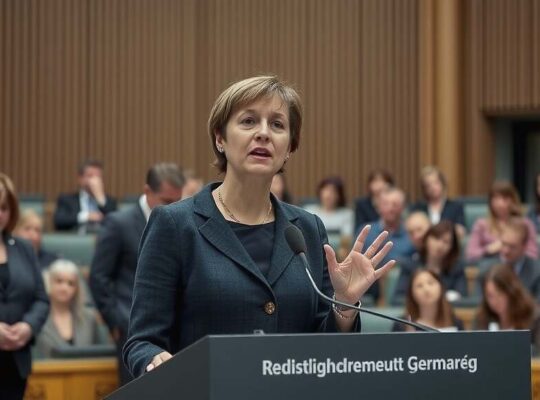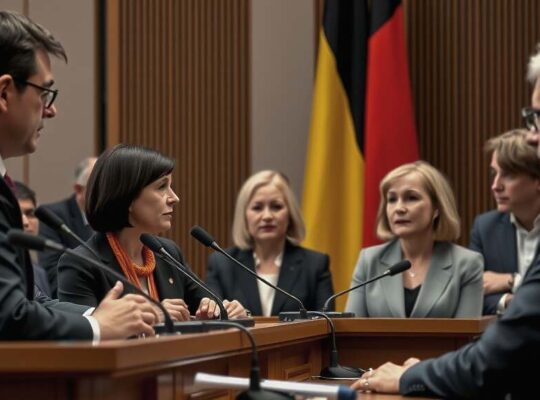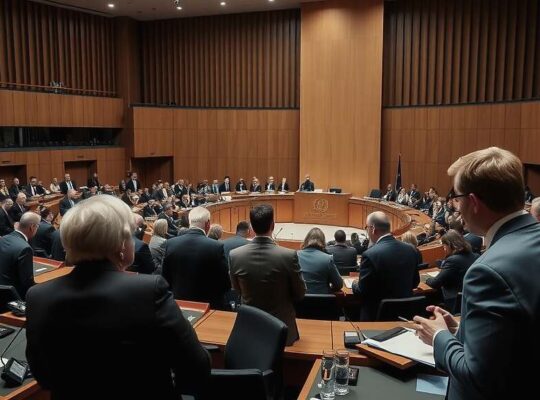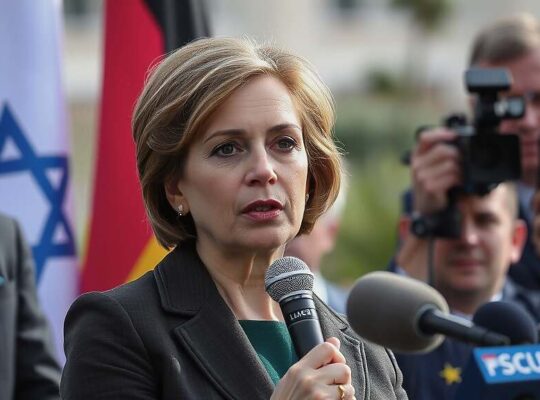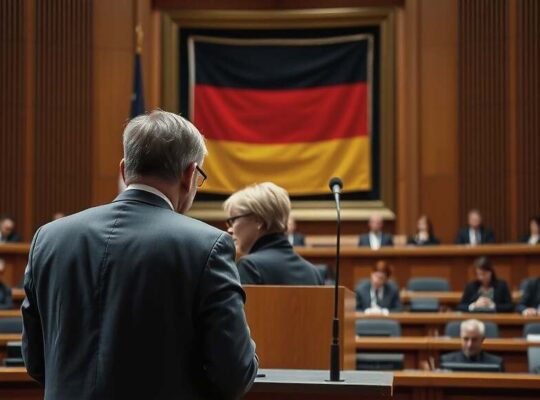Former Interior Minister Nancy Faeser has voiced criticism regarding her party’s approach to Israeli policy, advocating for the continued adherence to the EU-Israel Association Agreement. In an interview with the Frankfurter Allgemeine Zeitung, Faeser emphasized that the agreement fosters crucial political and economic collaboration, highlighting the significant financial resources the EU channels into supporting Israeli civil society.
Faeser argued that influential elements within Israeli society are actively seeking an end to the ongoing conflict and that Germany should prioritize supporting these factions. Consequently, she opposes any suspension of the Association Agreement. This position contrasts with a recent call from the SPD parliamentary group’s foreign policy spokesperson, Adis Ahmetovic, who urged the German government to reconsider its stance against the agreement’s suspension.
Acknowledging Germany’s unique historical responsibility, Faeser stated that Germany’s role in the Israeli conflict cannot be approached as merely one of any other nation. She underscored the importance of the resurgence of Jewish life in Germany following the Holocaust as a profound historical event.
Faeser identified several factors as integral to resolving the conflict, including the demilitarization of Gaza, the dismantling of Hamas and the recognition of Palestine. Her overarching objective is to ensure Israel’s security and to bring an end to the war and the ongoing humanitarian crisis in Gaza.
Regarding potential sanctions against Israel, Faeser expressed reservations, suggesting that Germany should instead leverage its unique relationship with Israel as a point of influence. She conceded that sanctions might become necessary if other avenues prove ineffective, but advocated for them to be targeted, potentially focusing on individual government officials.



